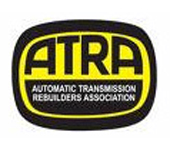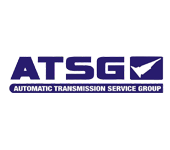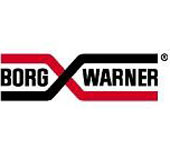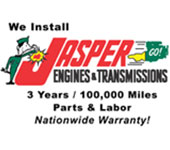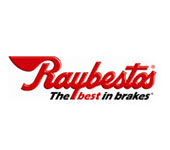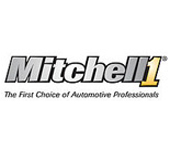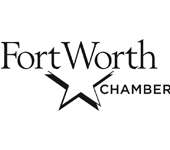The Edible Engine
Posted April 9, 2018 3:39 AMYou may have had a friend whose vehicle was the victim of hungry rodents. After all, mice, rats and squirrels—even rabbits—have been known to gnaw on wires in engine compartments, causing vehicle electrical systems to go haywire. They can disable a vehicle completely and be very expensive to fix.
In 2017, some drivers noticed their vehicle's wiring was being chewed and found out the automaker was using a relatively new material for covering their wires: soy. Many of the repairs to their new vehicles weren't covered under warranty by the manufacturer when it was discovered rodents were eating the wiring. So the owners filed a class action suit, saying the soy covering was essentially baiting the critters.
The automakers tell a different story, saying mice, rats and squirrels have been chewing through wire insulation long before it was made out of soy.
Regardless of what the insulation is made of, vehicle owners should make sure rodents aren't chowing down and creating a problem in the engine compartment. They can have their repair facility check for these signs: Little bits of acorns, leaves, chewed up plastic and animal droppings in the engine's nooks and crannies. Using a black light, your technician can detect animal urine, a sure sign that they've been using your engine compartment as a warm apartment, a nest and a dining room.
You can take steps to prevent rodents from chomping your vehicle's parts. Honda—one of the vehicle manufacturers that uses soy-based wiring covering—makes a rodent tape. It contains a spice called capsaicin that rodents find too hot to handle. Other preventative measures include installing metal mesh around wiring harnesses or spraying the engine compartment with special rodent-repellants.
Rodent damage can cost one vehicle owner thousands of dollars to fix, not the kind of bite anyone wants taken out of their bank account.
Westmoreland Transmissions
2001 E LOOP 820 S STE 19A
FORT WORTH, TX 76112
817.466.7295







